It seems people are capable of collecting anything. I just heard of someone who collects the labels on eating apples. It is hard to imagine the satisfaction in that; easier to understand collecting something which you have pleasure in handling or looking at. Or anything where you can have all of a kind: say, the first 100 Penguins, or every edition of a favourite book. This would presumably give the same satisfaction as finishing a jigsaw puzzle, where completion can be such a pressing need that a friend, having mislaid two pieces of a just completed 9,000 piece puzzle, got out a fretsaw and carefully reconstructed them; only to find the originals, a few days later, down the side of the sofa.
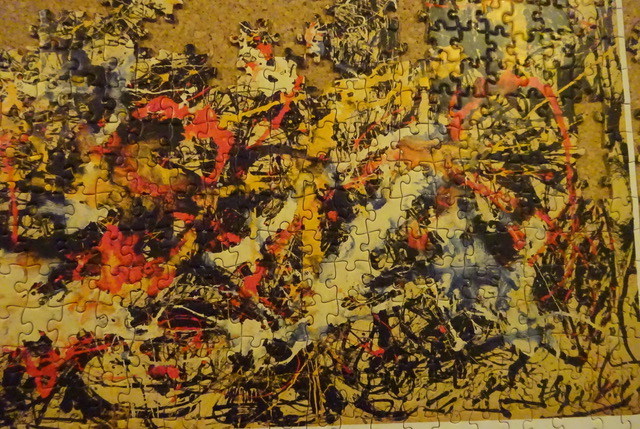
I have never consciously collected anything, but have made up for this by never throwing anything away and therefore, you could say, collecting everything. Which is how I come to have every note that Harry – the poet Harry Fainlight – ever wrote me, only to find that these are now saleable. There are people out there actually ready to buy them.
None of the notes is substantial, quite a few are malign. One envelope, addressed in his unmistakeable hand, contained nothing but a page torn out of a book: the sepia photograph of his grandmother’s tombstone.
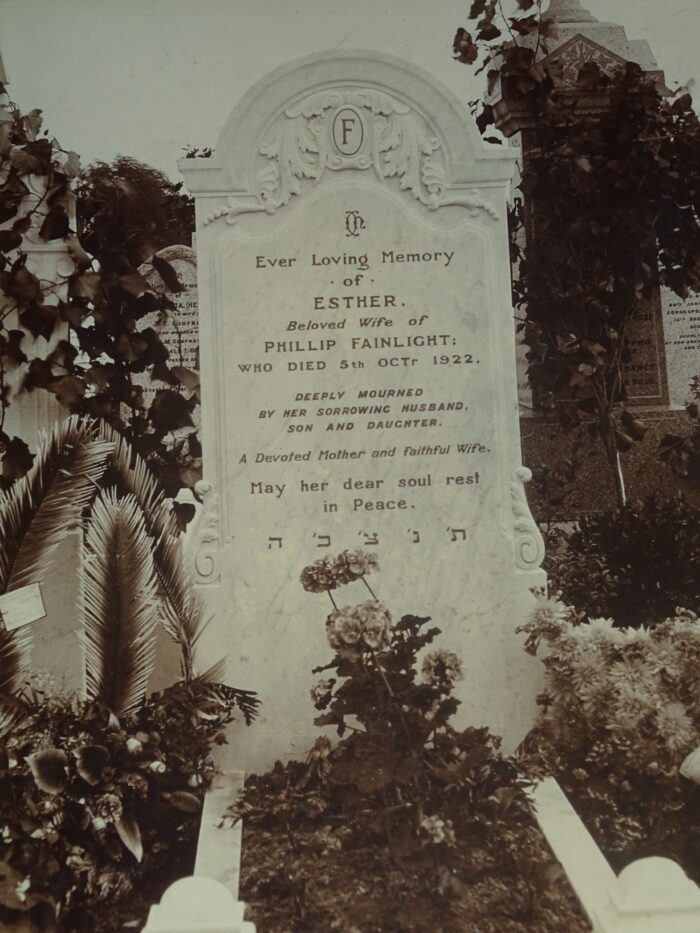
As for the writer of these strange little missives . . . he had arrived in my life through a friend, a lot wilder than me. She knew lots of poets. Through her I met – or had at least been in a room with – quite a few of them: Michael Horowitz, of course, (who hasn’t?) but also Gregory Corso and the spectre-like William Burroughs.
Not long back from New York, where acid had begun to unhinge him, Harry needed somewhere to stay, and the little garden cell I was letting for thirty shillings a week was vacant. He moved in, and so began the little stream (I now wish it had been a flood) of notes, left around the house for me to find in the mornings or posted, variously, from a London prison, a psychiatric hospital in Scotland, his parents’ home in Sussex, the cottage in Wales where he died a few years later.
I didn’t keep Harry’s notes because I thought I could sell them. Nor the letters from Jean Rhys. Nor the one from Simon Raven asking me (I was then his publisher’s secretary) to open any mail addressed to him (it was mid-December) in case there was a Christmas cheque in it. I kept them because I keep everything and now, having found people collect not only stamps but apple labels, alarm clocks and belt buckles*, I am no longer surprised that there is a lively trade in autographs – so lively, that I have been warned not to let the originals out of my sight.
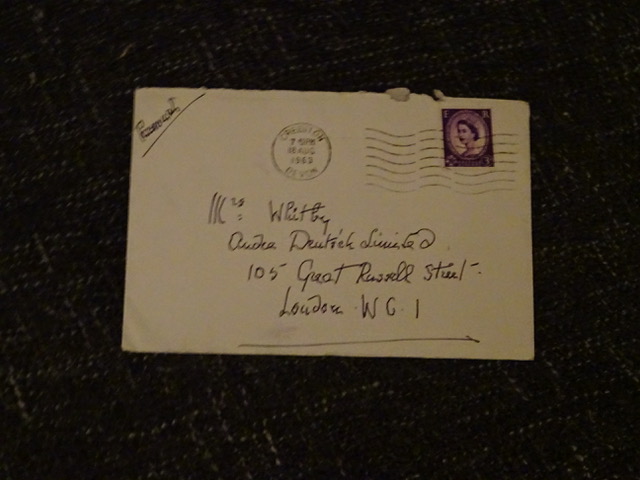
What a pity George – George Andrews – who succeeded Harry, hadn’t been given to communicating on paper. His signature (if only I had kept a rent book) might have made it worthwhile having the house reeking of pot. A benign presence, the author of The Book of Grass was a man of few words. All I can remember him ever saying, as he padded about, arm uplifted in greeting, was ‘Hi, man!’, and brown rice is all I can remember him cooking, except for the hash brownies which he hoped would bring me – a non-smoker – into the fold . . . .
Looking round me, as I try to bring some order into a house crammed with things, I sometimes think enviously of those people who throw away anything they no longer have a use for. Of course, this can go too far. My erstwhile friend, Andrea, discarded people with the same ease as others throw out an old tea cloth. It was some consolation, years after she had dropped me, to find a character in one of her novels say that friends are like pot plants: they have a short life.
I wonder if Andrea’s letters, too, need to be put aside in case (she died only recently) they are saleable. She, who had written me into her will and then written me out again, would not disapprove. Not born to money, she valued it, and I felt a strong stab of affection when I came across this page torn out of the Radio Times. The caption reads: ‘I would find it very pleasant if the critics were to hail me as a genius. But if it was a choice between critical approbation with low viewing figures and audiences of 20 million**, it’s no contest.’
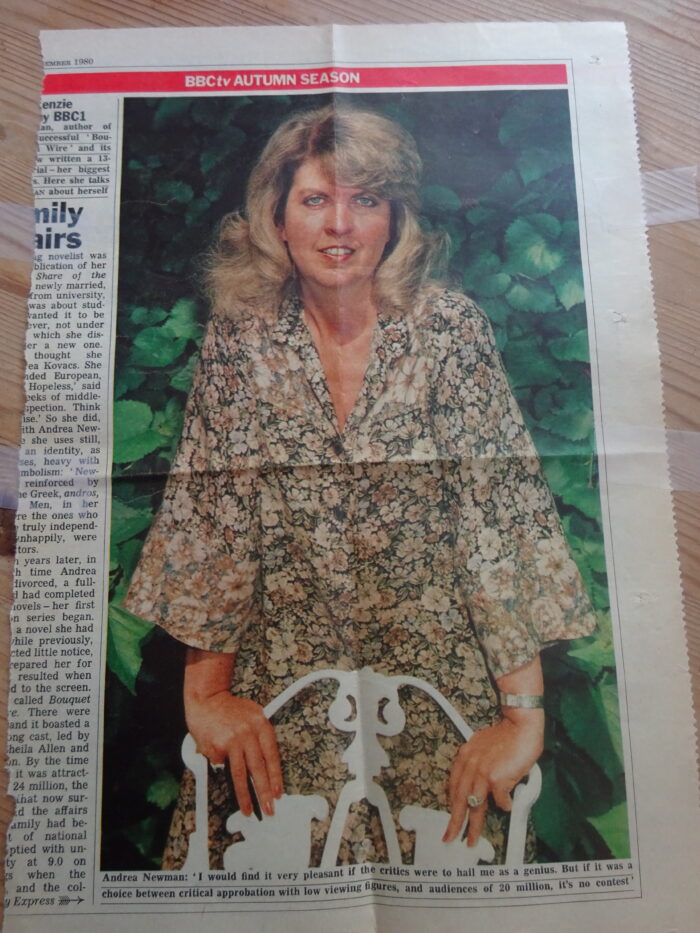
I am thankful that almost all the thousand or more letters that have been keeping the present at bay are from friends whose names are known only to those who actually knew them, so I can keep them or throw them out, or return them to the writer, or to the writer’s children, without any thought of foregoing some useful cash.
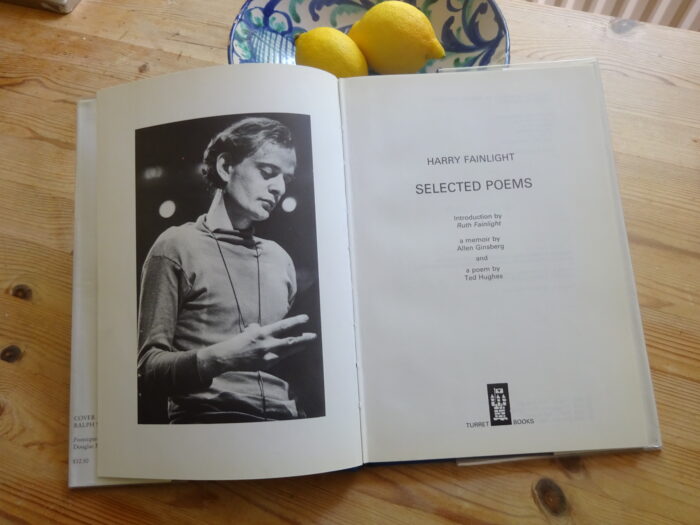
As for Harry, even if I sell his letters, my memory of him will stay intact for as long as I have a copy of his book and can still see him sitting at the kitchen table, one Christmas Eve, transfixed by the Frog Prince who appeared among the green metal leaves of a slowly opening water-lily, each time he spun the top I was waiting to wrap for my three-year-old son.
*See: What is it worth? 85 different things to collect: the ultimate list
** The television series which scored that vast audience was ‘A Bouquet of Barbed Wire’